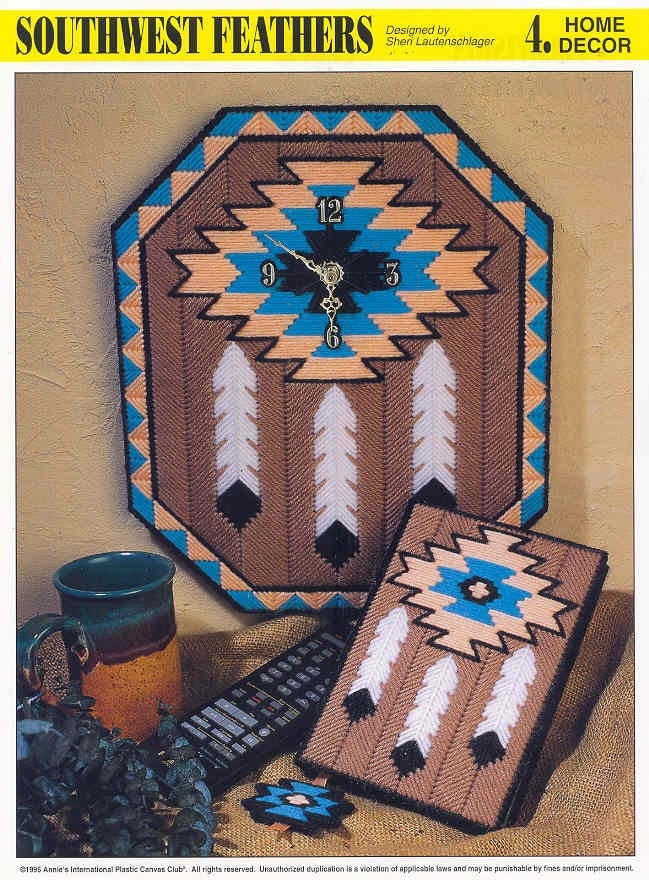

I’m safer here,” she said.ĭenis is working as a cashier, so she has a place to go during the day. And the housing that I could afford is in places that aren’t nice. “Even if I pay $1,100 (in rent), that leaves me with hardly anything for gas, for food, for insurance. I haven’t told a soul,” she said, adding that even her brother, a Nevada state senator and former LDS bishop, doesn’t know. “I want to fix this problem on my own,” she said, her voice breaking. She said she figures she’ll need help when she is in her 70s or older and doesn’t want to tap that reservoir of goodwill while she’s still healthy and able to work. Her five children, ages 33 to 45, are well off enough to help, but Denis doesn’t want to impose, which is why she hasn’t told them where she’s living been living since the middle of July. From age 18 through 50, she had always lived in homes that she owned. with her parents when she was 5, had no experience renting for most of her life.

“Folks don’t have a lot of great options, but there’s a sense of dignity that comes with saying what you’re doing is your choice.”ĭenis, a native of Cuba who came to the U.S. But most of these folks are desperately trying to get back into housing,” O’Malley, at Lake Washington UMC, said. “There’s a tiny minority who say I’m choosing to live in my car because that’s the only solution that works for me at this point. Moreover, deciding to live in a car provides people with few options a sense of autonomy.


 0 kommentar(er)
0 kommentar(er)
